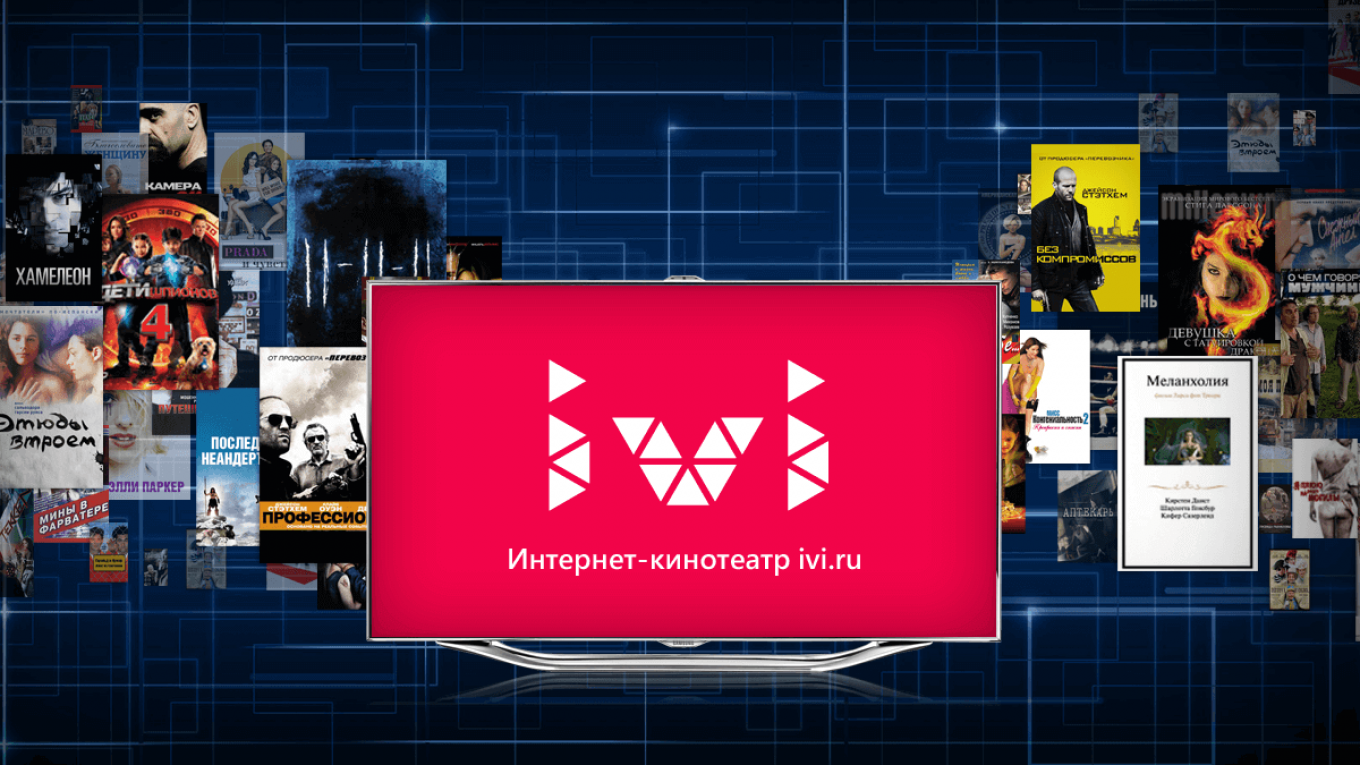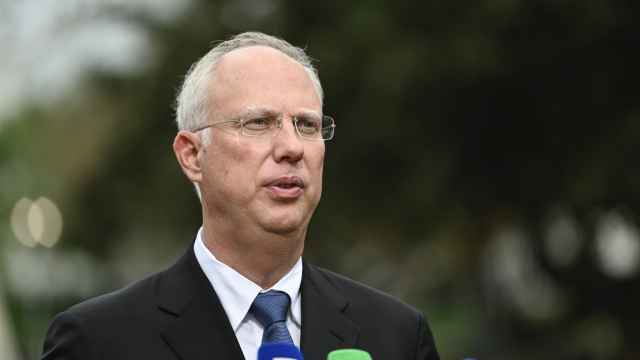Russian online video major Ivi announced Tuesday a $250 million funding round involving top Russian state and private investors.
The deal is one of the biggest funding rounds of recent years in Russia’s tech scene and all-time record investment into the country’s online streaming market.
The consortium of investors includes several big names, combining two major state-owned financial organizations — VTB Bank and the Russian Direct Investment Fund (RDIF) — with two private firms linked to Russian billionaires — Roman Abramovich’s Millhouse Capital and AG Invest, which is affiliated with industrial magnates Alexander Abramov and Alexander Frolov.
Three other venture and private equity majors are also involved: Baring Vostok, Flashpoint Capital and RTP Global. Several of the investors took part in previous equity funding rounds for Ivi, including the most recent in 2019. Forbes Russia reported the new deal gives the company a valuation of “slightly under $1 billion,” citing an unnamed investment banker.
Ivi said it will use the fresh funding “to further expand [its] content offering and production of own content, as well as further development of Ivi’s advanced technological platform and marketing initiatives.”
Politically incorrect IPO
The company declined to comment on its plans for an initial public offer (IPO), which were leaked last year. A potential stock market debut was put on hold just weeks later as Russian lawmakers introduced a draft law that would restrict foreign ownership of online video platforms to a maximum 20% stake.
Under pressure from industry lobbyists, a revised version of that law was published last month — one that could once again pave the way for IPOs in the sector.
Instead of direct restrictions on the level of foreign ownership, lawmakers are now considering a host of various ownership and governance mechanisms that would be compatible with international stock market listings while addressing the Russian government’s desire to avoid domestic online platforms being controlled by foreign shareholders.
The new setup would be inspired by the Yandex model, the Nasdaq-listed digital giant which underwent a sweeping governance overhaul in 2019 under pressure from the state.
Market leader
Ivi touts itself as the number one online video streaming platform in Russia with a market share of more than 30% in 2020, according to TMT Consulting data. Its audience exceeds 50 million unique monthly users, and the service has a catalogue of some 100,000 titles from 400 Russian and international studios.
Ivi said its revenue reached 8.8 billion rubles ($121 million) in 2020, up 44% on 2019. At the outset, the business model of Russian online video platforms relied primarily on advertising revenues, but user-generated revenues have now overtaken advertising income.
The market is dominated by domestic platforms — the likes of Ivi, Okko, Wink, Kinopoisk, Megogo and Amediateka — alongside foreign players YouTube, iTunes and Google Play. U.S. giant Netflix has also recently entered the Russian market and this week commissioned its first Russian-produced drama, “Anna K” — a contemporary take on Leo Tolstoy’s classic novel “Anna Karenina.”
A Message from The Moscow Times:
Dear readers,
We are facing unprecedented challenges. Russia's Prosecutor General's Office has designated The Moscow Times as an "undesirable" organization, criminalizing our work and putting our staff at risk of prosecution. This follows our earlier unjust labeling as a "foreign agent."
These actions are direct attempts to silence independent journalism in Russia. The authorities claim our work "discredits the decisions of the Russian leadership." We see things differently: we strive to provide accurate, unbiased reporting on Russia.
We, the journalists of The Moscow Times, refuse to be silenced. But to continue our work, we need your help.
Your support, no matter how small, makes a world of difference. If you can, please support us monthly starting from just $2. It's quick to set up, and every contribution makes a significant impact.
By supporting The Moscow Times, you're defending open, independent journalism in the face of repression. Thank you for standing with us.
Remind me later.







